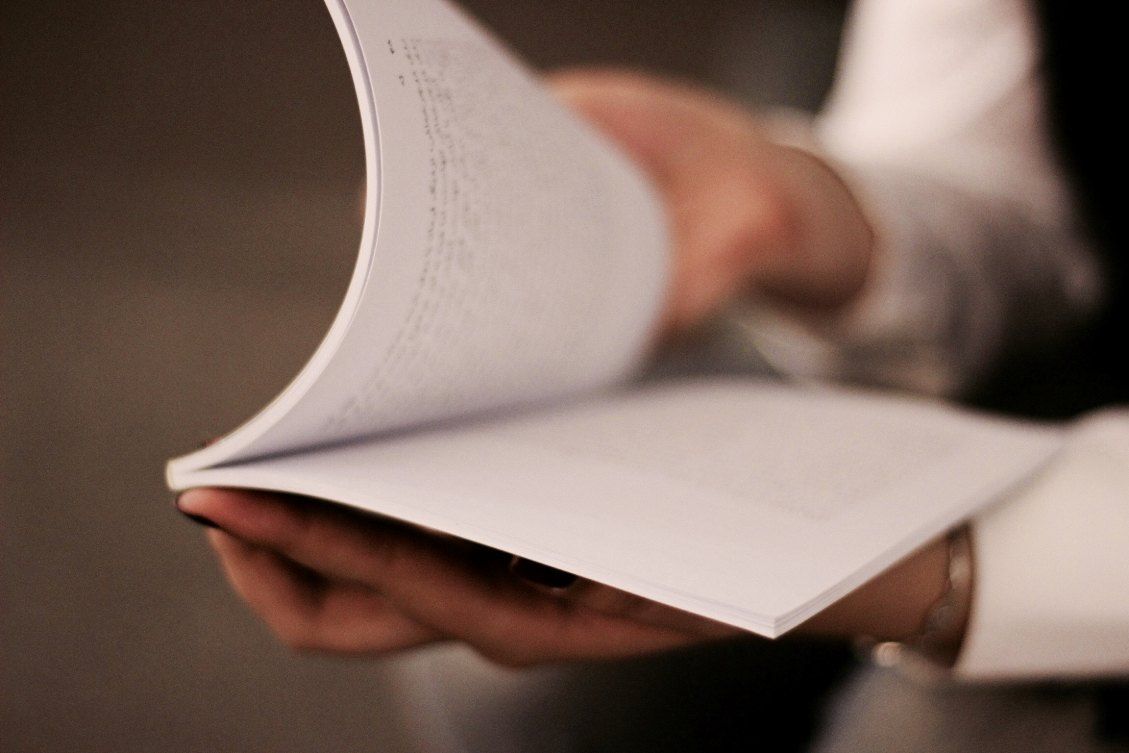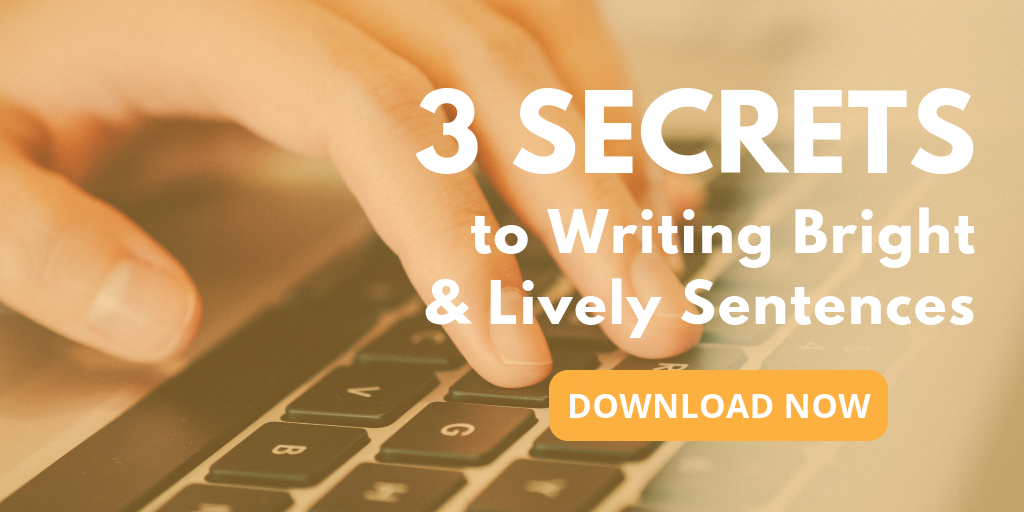National Novel Writing Month, or NaNoWriMo, is an annual sprint to write a 50,000-word novel in November. According to NaNoWriMo’s website, over 394,000 people tried to write 50,000 words in November 2017, and more than 58,000 succeeded. Victors claimed two valuable prizes: bragging rights and a great sense of accomplishment: writing 50,000 words in a month is no mean feat. That’s almost 1,700 words a day, or about six pages, every day, for a month. I managed it while I was in an honors program, volunteering, and involved in several extracurricular activities. Here’s how you can, too.
Plan ahead
Starting NaNoWriMo on November 1st with no plan puts you behind on the first day. . If you create an outline of your story beforehand, or at least think of a plot you want to follow or message you hope to convey, you can begin quickly and focus your piece as you go. But if you’re just discovering NaNoWriMo, don’t let that dissuade you from starting today.
Be realistic about your schedule
If you celebrate Thanksgiving or have a trip planned for Veteran’s Day weekend, you likely will write less on those days and have to make up for it later. Plan for this. I aimed for 2,000 words a day because I knew that projects and family gatherings would take up a lot of my time for part of the month.
Being realistic also applies to your daily routine. If you usually hit snooze until 8 AM, don’t try to convince yourself that you’ll suddenly wake up at six every morning in November to make time to write. NaNoWriMo is a commitment, but it has only one requirement: that you write 50,000 words of a novel by the end of the month. How and when you write those 50,000 words are up to you. Make sensible choices.
Let yourself add side plots
Although it’s good to know what you want to write before November 1, you naturally will diverge from your original course while you are writing. It’s part of the creative process. I wrote characters, backstories, and subplots I never anticipated. But those new developments added words and even more opportunities to create new characters, backstories, and subplots. They weren’t all good—I removed most in my second draft later—but it was fun to experiment, which leads me to the most important advice I can give you:
Forget perfection
A lot of your 50,000 words will be trash. Even the Nobel-prize-winning Ernest Hemingway said we all—he included—had to throw away the first million words, the equivalent of 20 years of NaNoWriMo. Your focus should be on avoiding writer’s block, “getting black on white,” as I’ve heard professional writers say. (And we at WordRake offer good advice on that, too, in this writing tip and an earlier blog post.) You’ll have unnecessary words, dull sentences, plot holes, and characters who go nowhere. But resist the urge to edit until December, when you’ve finished and editing software like WordRake can help you sift through what you’ve written to make it clearer and more concise.
Think about what will motivate you to finish
If you want support from others, ask a friend to do NaNoWriMo with you. You can check in with each other and sometimes write together. If your friends doubt they can write the first draft of a novel in a month, ask them to hold you accountable for working on your novel. Having friends and family support you and check in with a little encouragement inclines us to stick with our goals.
Although recruiting a friend to participate helped me, I also motivated myself with NaNoWriMo’s word checker. You don’t have to enter your text into the word checker until you want to verify you’ve hit 50,000 words, but the site keeps statistics on your progress, and seeing my word count go up every day encouraged me to continue. The NaNoWriMo word checker also told me if I had increased or decreased my average number of words per day, which kept me on target.
Reward yourself
Don’t forget this. You’ve earned it. Writing an average of 1,667 words each day for a month requires dedication and time management. Is there a restaurant you’d like to try, new running shoes you’d like to have, or a short trip you’ve wanted to take? You might be working until midnight on November 30th, but try to commemorate your achievement in early December. During NaNoWriMo, your social life has probably waned, so planning an outing with friends when it’s over might be a good fit.
Enjoy the benefits of your accomplishment
When I read my novel in December, I liked only small parts of it, but I found those sections surprisingly well-written. Participating in NaNoWriMo showed me what I can do. It made writing eight-page papers for classes less intimidating, and the unexpected characters and plotlines I developed showed me I’m more creative than I had thought. After talking to professional writers, I also know that the most difficult part of writing is getting down that first draft. After that, your creative process takes over to produce your best work, which will hardly resemble the original. Participating in NaNoWriMo lets you experience that for yourself, and since writing well is the most important skill you will ever possess, this is an opportunity you shouldn’t miss. Good luck!
About the Author
Caroline Engle is WordRake’s Marketing Communications Specialist. She convinced WordRake to hire her as an intern after placing in editing competitions and writing a novel in a month. When she isn’t editing or writing copy, coordinating conference logistics, or helping improve WordRake’s functionality, she’s reading, going on ten-mile walks, or looking up flight prices. Connect with her on LinkedIn here.









